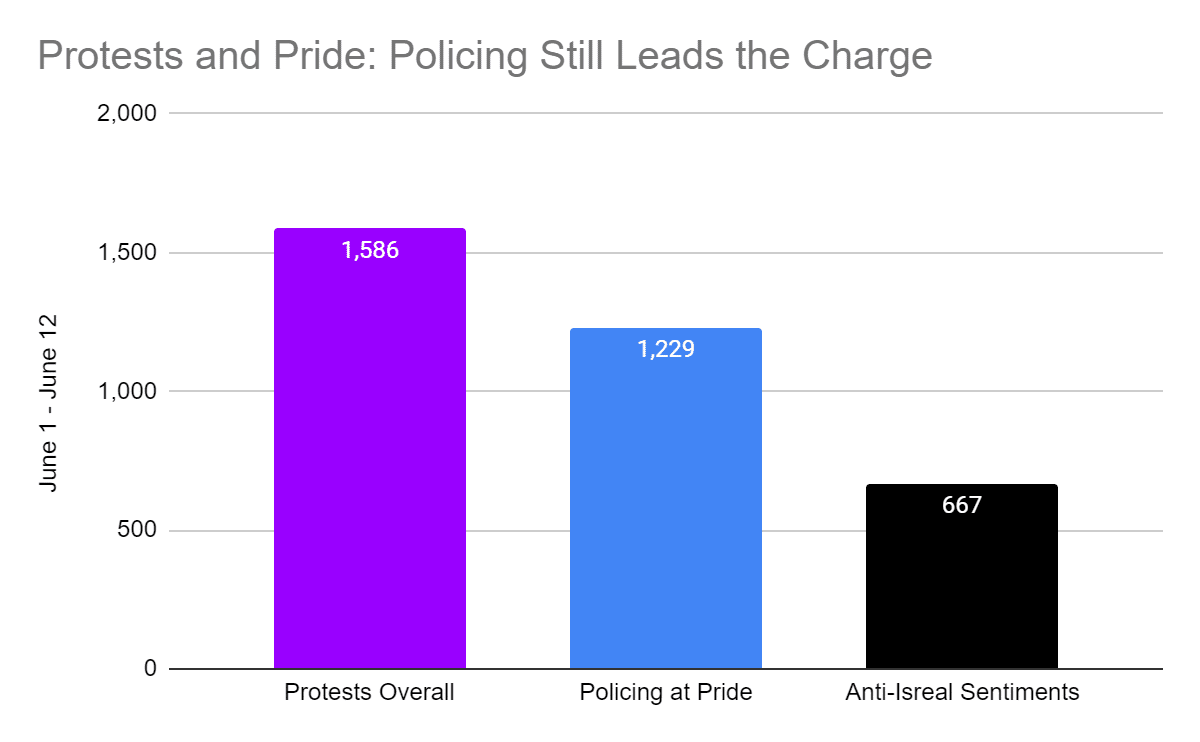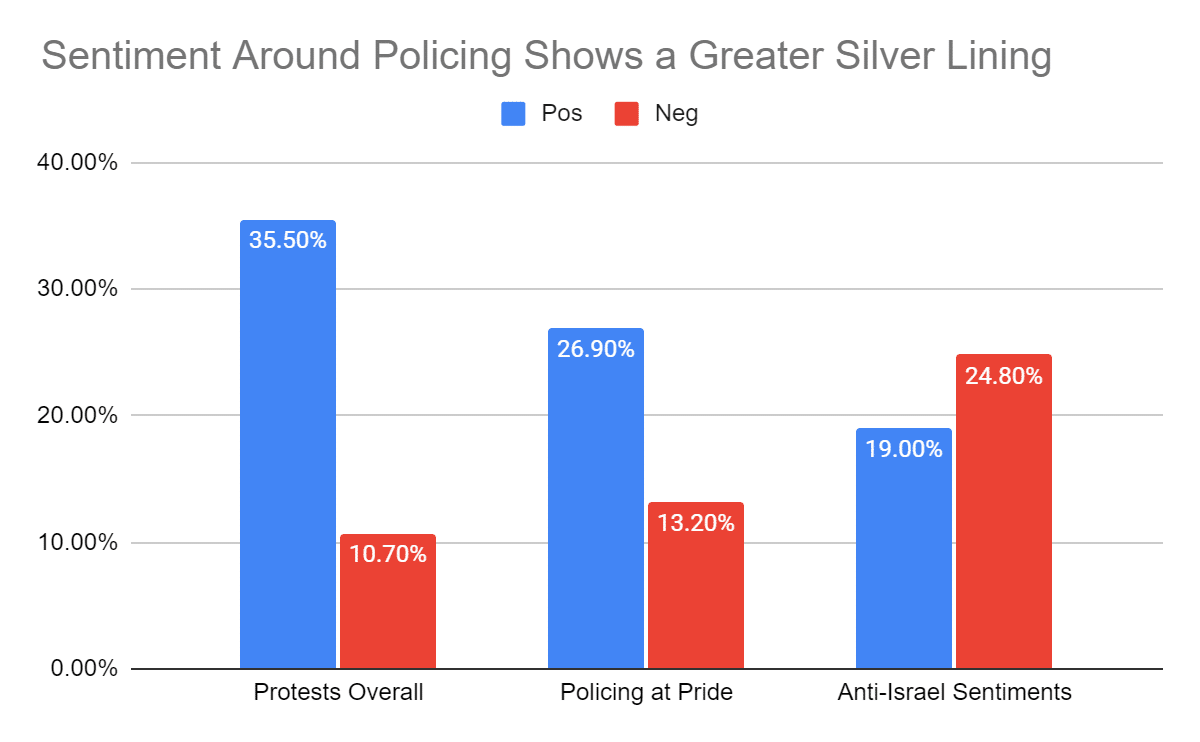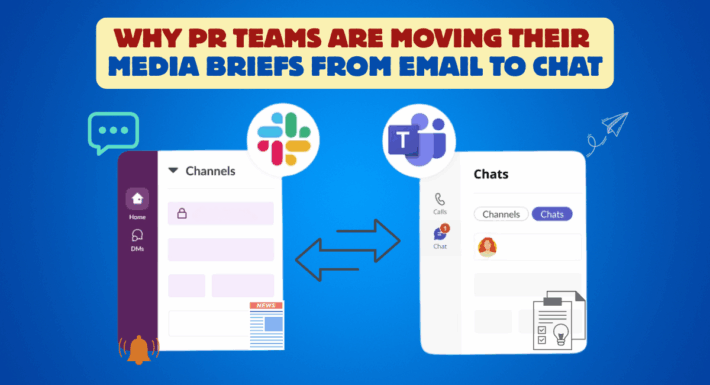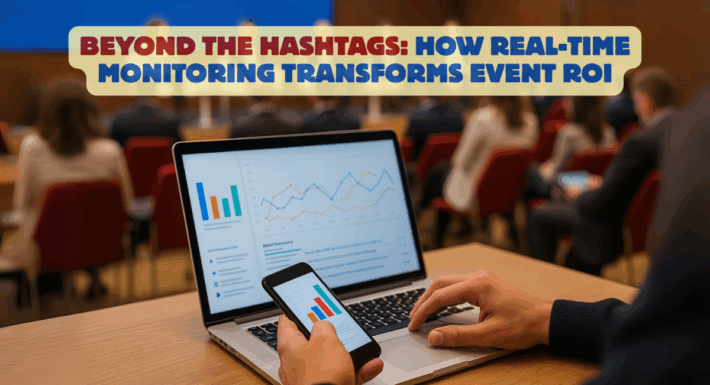Pride Is A Protest: Intersectionality and Protests Within Pride

Pride events and marches were born as protest movements. Fighting back against prejudicial attacks by governments, police, and communities, Pride is itself a protest. So why is the media so surprised when protests take place within pride itself?
It should be no surprise that the 2SLBGTQ+ community has differing viewpoints and opinions. Even so, news out of Winnipeg and Philadelphia shows that Pride’s audience isn’t a monolith. At least 10% of people identify as part of the 2SLBGTQ+ community, and their views, from political stances to music artists, will vary widely.
Protests at Pride in 2024
On June 2 and 3, 2024, in Philadelphia, Pennsylvania, and Winnipeg, Manitoba, a group of protestors temporarily blocked both cities’ Pride Parades. In Winnipeg, protestors demanded organizers end their “complicity with genocide, divest from corporate pinkwashing, remove police from Pride, and centre QTBIPOC leadership.” In Philadelphia, protestors directly asked organizers to “… End Israel Apartheid”.

From a public-facing perspective, there is more history regarding the issue of policing at Pride events compared to the intersectionality of Pride and anti-Zionist activism. Maybe that’s why the conversation around policing is largely more positive than the discussion related to Israel’s war in Gaza.
If one of Pride Month’s goals is to help ensure the safety of the gay community, then the media’s focus on the discussion around police at Pride events is a good sign that Pride is staying on message. It also shows that activists on both sides of the Israeli-Palestinian conflict are successfully linking Pride with their cause.
Are these new issues within the community? Absolutely not.
Tensions between Pride organizers and policing aren’t new. Police, throughout the last 50 years, have been a blunt instrument attacking the community. As recently as 2002 in Calgary, police raided a bathhouse, arresting 17 customers. Going further back into Canadian history, we have Operation Soap in 1981, where Toronto Police systematically raided bathhouses, arresting more than 300 people.
Likewise, criticisms of pinkwashing are long-term. Without corporate sponsorships, some of the more flashy engagements at Pride festivals wouldn’t work. Beer pavilions and swag bags don’t always fit into the “Pride is a protest” rallying cry.
Articles from 2014 highlight how oil companies engaged with Pride to pinkwash the Keystone Pipeline project. Published in the same year in the journal Women Studies Quarterly, they referenced how pinkwashing inhibited the decolonization of Palestine. This was from a decade ago.
Just like the Israel-Palestine conflict overall, these tensions and ideas have existed within the context of intersectionality for years and reflect a clear idea that the 2SLBGTQ+ community isn’t a monolith; it is a distinct community made up of hundreds of different groups and perspectives.
There’s a lesson to be learned here: If you don’t dive deeper into the issues and events occurring around you and your brand, you miss out on a lot of perspective.
To explore these dynamics further, or discuss how your brand can navigate these complex issues, connect with us today. Book a consultation and let’s delve into how you can make a positive impact while staying true to your values.




